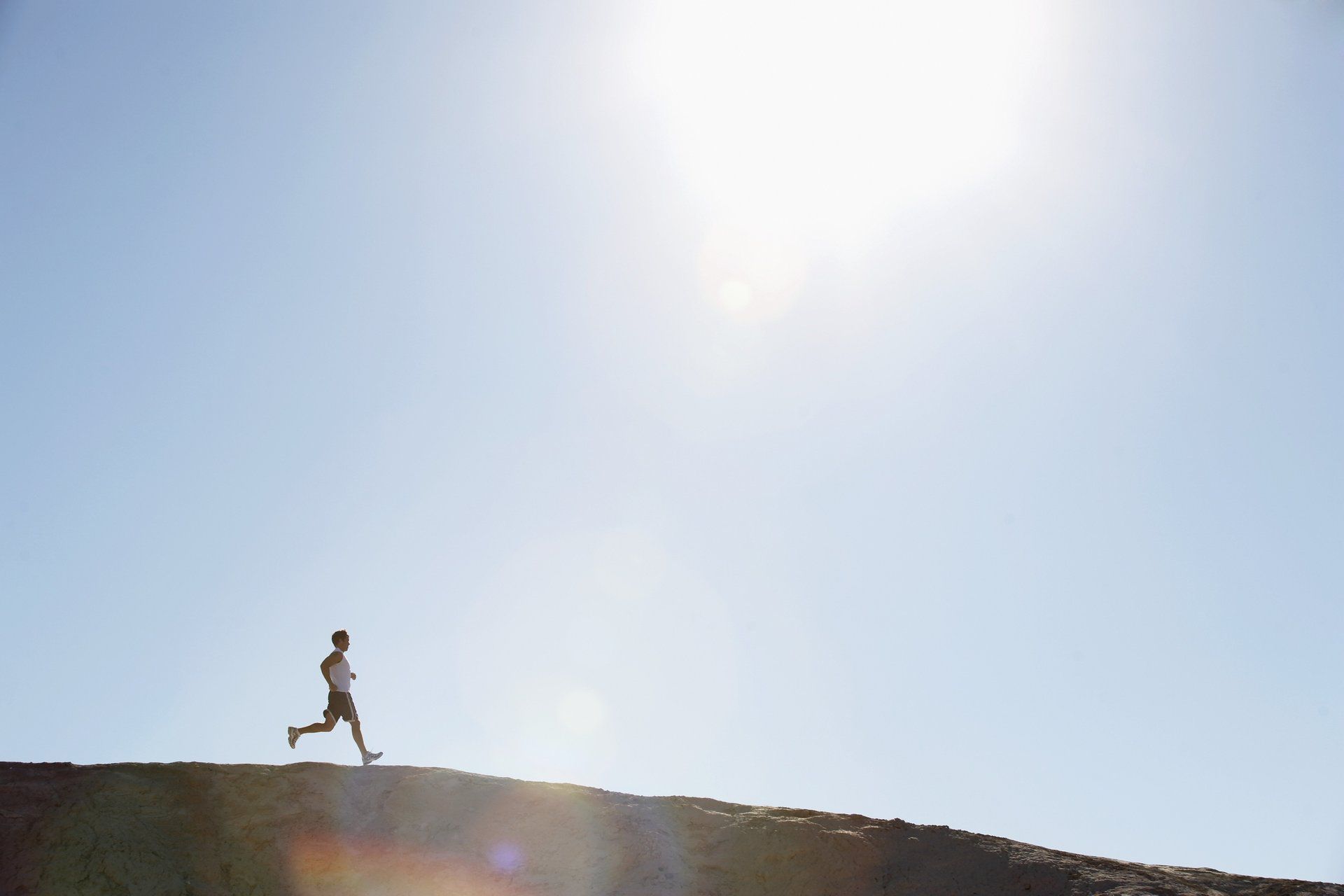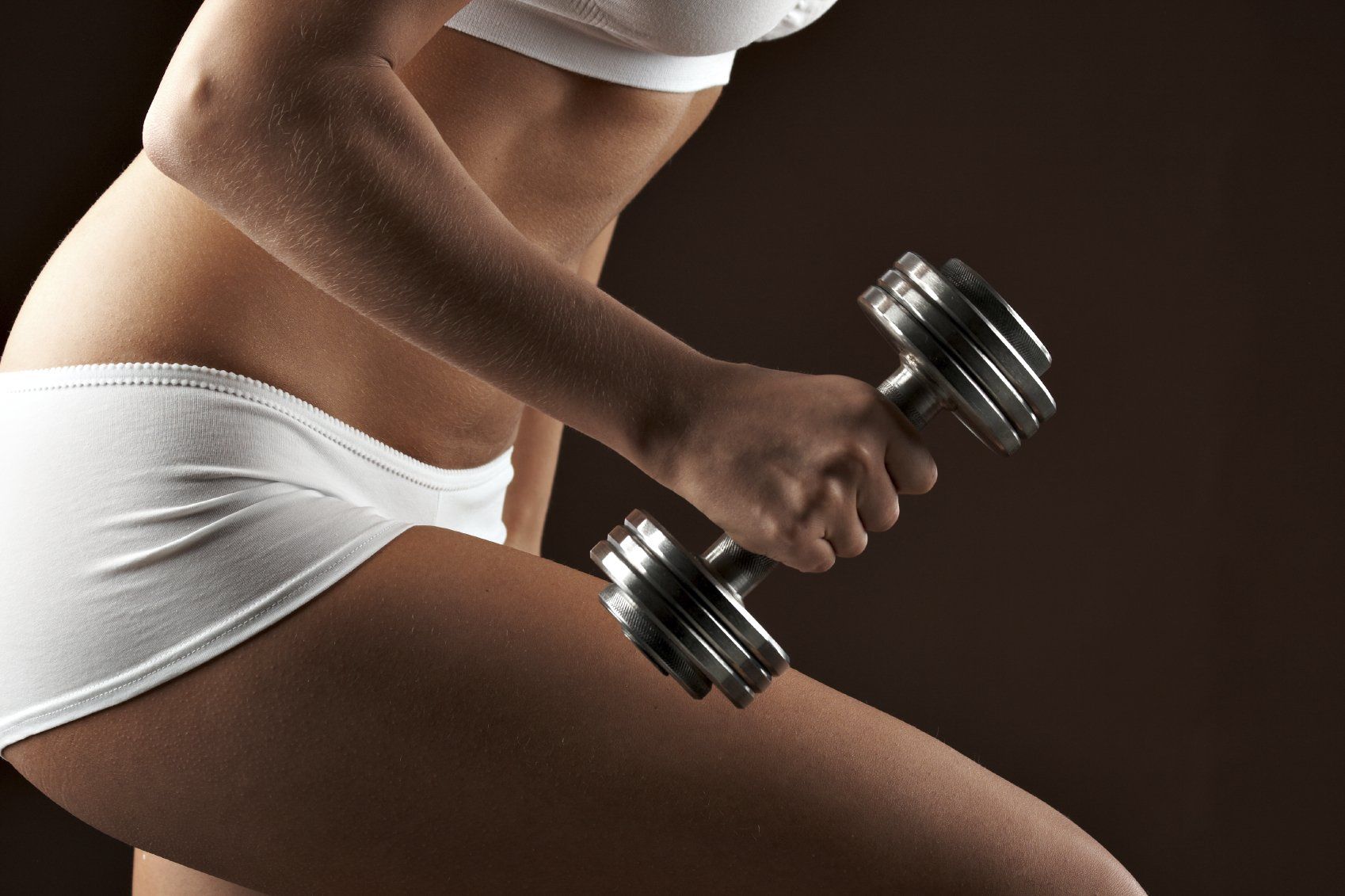Sustainable biohacks to help you get “in the zone”
Improve your energy and focus by learning how to use biohacks -lifestyle practices that enhance health and performance- to get you into a state of flow also referred to as being “in the zone”.

The state of flow concept was introduced in the early 1970s by Hungarian-American Psychologist Mihaly Csikszentmihalyi, who described it as a state where individuals lose track of time; experience deep enjoyment; and perform at their best.
With research suggesting that our attention span has dropped over the last 20 years from around 2½ minutes to around 45 seconds, energy levels and focus have become a real asset that we need to protect.
What is the state of flow
The state of flow, often referred to as being “in the zone,” is a psychological state in which a person is fully immersed, focused, and engaged in an activity, typically challenging yet rewarding.
Key characteristics of this state include an intense focus; clear goals and capacity to adjust them quickly; sense of control despite the challenges; distorted sense of time; or intrinsic motivation without the need for external rewards.
The physical response
Activity in specific brain regions and neural processes make possible the state of flow. The brain area known as the prefrontal cortex, responsible for self-reflection, time awareness, and decision-making, becomes less active in flow. With less self-consciousness and reduced “inner critic,” people are more willing to take creative risks.
Flow is also associated with the release of dopamine, a neurotransmitter linked to reward, motivation, and attention. Dopamine heightens focus and promotes a positive mood, reinforcing engagement and enjoyment in the task.
In the state of flow, the brain works in a unique, optimised way to create a state where people perform at their best with minimal mental fatigue
Shift in brain wave patterns
Brain wave patterns are repetitive electrical activity in the brain, measured in hertz and categorised into several types based on their frequency. During flow, the brain often shifts into alpha and theta wave patterns. Alpha waves are common in relaxed focus, while theta waves are associated with creativity. This combination enables intense concentration while keeping away from anxiety and overthinking.
In the state of flow, the brain operates very efficiently, prioritising relevant information while filtering out distractions. This is why people in flow often feel energised even after extended periods of work. Mental energy is conserved by eliminating irrelevant thoughts.
The power of small changes
One of the most common barriers we face when trying to make changes in our life is thinking that they need to be extreme and have immediate impact to be worthwhile. The reality is that the path to well-being and improved performance is paved with small and consistent changes introduced gradually.
Sustainable biohacks are small lifestyle changes or practices that optimise health and performance while reducing your environmental impact
🔅Eat a diet rich in healthy fats, plant-based proteins, and low-glycemic carbohydrates to maintain stable energy levels. Superfoods are an excellent option to keep energy highs throughout the day.
🔅Growing herbs or vegetable indoors can cut down on transportation emissions and provide fresh, nutrient-rich foods. In addition, indoor plants improves air quality without needing energy-intensive air purifiers.
🔅Taking cold showers can boost circulation and immune response while using less energy than heating water. Starting with just 30 seconds of cold water at the end of your shower can help boost energy.
🔅Aligning your sleep with natural daylight (going to bed earlier, waking with the sun) can improve your circadian rhythm ( natural, 24-hour cycles of physical, mental, and behavioural changes that regulate the body) and reduce consumption of artificial lighting.
🔅 Regular short exercise breaks throughout the day can help prevent mental fatigue and improve focus. Techniques like standing desks or balance boards can also encourage movement while working. Activities such as walking, cycling, yoga, running or general sport stimulate blood flow to the brain, and make us feel energised.
🔅Meditation and breath work can lower stress, improve focus, and reduce cortisol levels, supporting better mental and physical health. It also help reduce compulsive consumption.
🔅Certain essential oils, such as peppermint, rosemary, or citrus oils, may boost focus and mental clarity. Diffusing oils using a non-electric diffuser can create a stimulating environment that enhances alertness.
Activating the state of flow is in our hands. You just need to have a bit of consistency in your approach. Remember that it might not work the first time and that you might have to try a few techniques to find what it works for you. Just keep trying! Ultimately it will be good for you and the planet.















